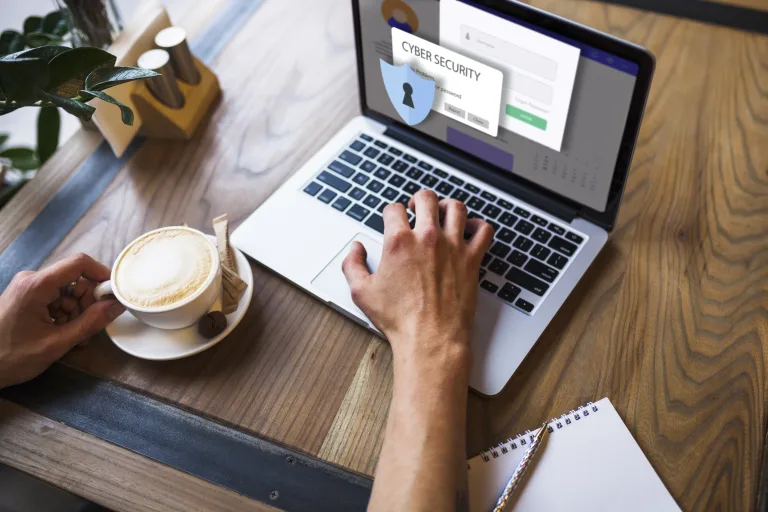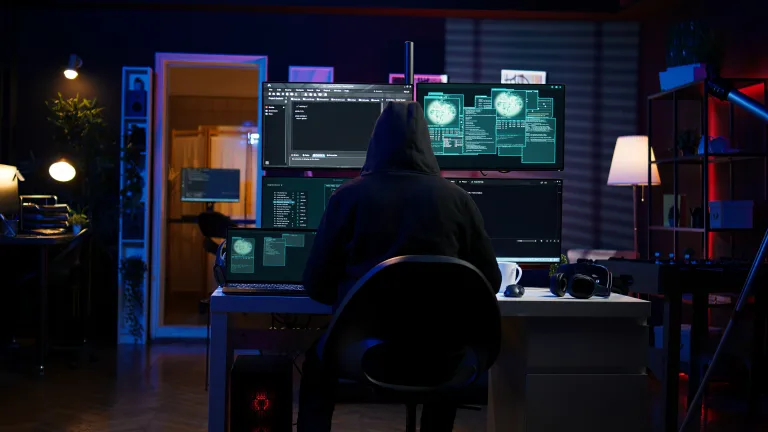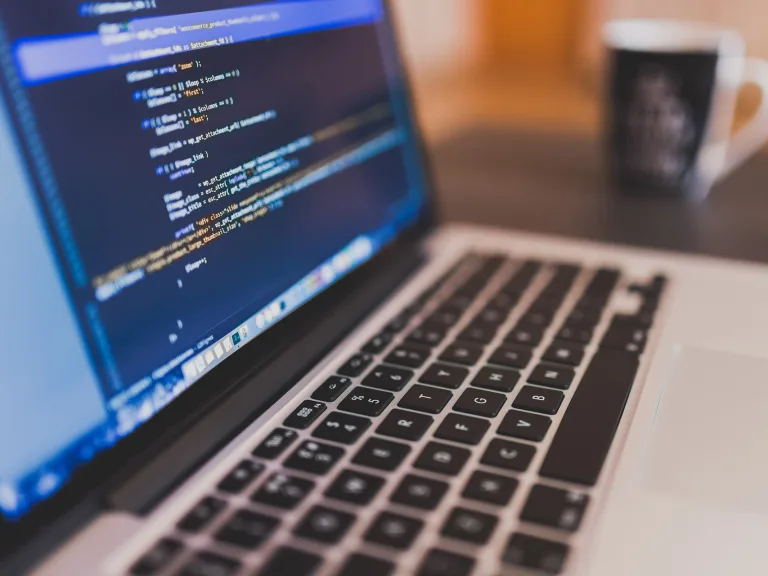Multi-Factor Authentication (MFA)
Protect Access Beyond Passwords
Passwords alone are no longer enough. Data breaches, phishing attacks, and credential theft are on the rise, making it easy for cybercriminals to exploit weak or reused logins. Multi-Factor Authentication (MFA) provides the additional layers businesses need to prevent unauthorized access — even if a password is stolen.
At Business Computer Technicians (BCT), we help organizations implement MFA solutions tailored to their users, applications, and compliance needs. Whether through SMS codes, authentication apps, hardware tokens, or biometric verification, MFA adds the critical barrier between attackers and your sensitive business systems.
Why MFA is Essential Today
What is Multi-Factor Authentication?
The Basics of MFA
Multi-Factor Authentication requires users to verify their identity through at least two factors:
Something you know – password, PIN.
Something you have – phone, token, smart card.
Something you are – fingerprint, facial recognition, or other biometric data.
MFA vs. Traditional Authentication
Traditional single-factor authentication depends solely on passwords. MFA reduces the risks of password theft by combining multiple layers of verification. Even if one factor is compromised, attackers still cannot gain access.
MFA pairs seamlessly with password management & credential security and single sign-on (SSO) solutions to provide a complete identity security framework.
How MFA Protects Your Business
Mitigating Credential-Based Attacks
Phishing, brute-force attempts, and credential stuffing attacks are common entry points for attackers. MFA stops these attempts by requiring secondary verification.
Securing Remote and Hybrid Workforces
As employees access systems from multiple devices and locations, MFA ensures that only verified users can connect. When paired with device & asset management, businesses can enforce authentication policies across all endpoints.
Supporting Zero Trust Security
MFA is a cornerstone of Zero Trust architecture — a framework that assumes no user or device should be trusted by default. This makes MFA essential for modern security strategies alongside firewall & network security and endpoint detection & response (EDR).
MFA for Compliance and Industry Standards
Meeting Regulatory Requirements
Many compliance frameworks require MFA as part of access controls:
HIPAA IT Compliance – Protects patient data with strict access verification.
PCI DSS Compliance – Requires MFA for remote system access.
SOC 2 Readiness – Auditors look for MFA in user authentication policies.
NIST & CMMC 2.0 – Strong authentication is mandated for government contractors.
Documented Authentication Policies
MFA provides audit-ready records of login attempts and verifications, simplifying compliance reporting and reducing audit stress.
Businesses in finance, healthcare, and legal sectors cannot pass audits without demonstrating layered access controls like MFA.
Types of Multi-Factor Authentication
Common MFA Methods
SMS / Email Codes – One-time passcodes sent to a user’s device.
Authenticator Apps – Time-based codes via apps like Microsoft Authenticator.
Hardware Tokens – USB keys or smart cards for physical verification.
Biometrics – Fingerprints, facial recognition, or voice verification.
Choosing the Right MFA Approach
Every industry has unique needs:
Law Firms may prefer smart cards to secure client files.
Healthcare providers often use biometric access for clinical systems.
Finance & Insurance companies favor hardware tokens for high-value accounts.
BCT helps businesses select and deploy MFA methods that align with their workflows and compliance needs.
Managed IT Services & Support
Fast, secure, and scalable IT services from local teams in Seattle, WA and Charlotte, NC. We help businesses across the U.S. stay online, protected, and productive.
Remote & Onsite IT Support
Get reliable help anytime, anywhere. Our team provides secure remote IT support and hands-on onsite service for hardware, networking, and urgent issues—keeping your business running without interruptions.
Help Desk User Support
Friendly, U.S.-based Tier 1–3 support for your team. We resolve device, software, and account issues quickly—keeping employees focused on work, not IT problems.
Security & Compliance
Protect your data and stay compliant with proactive monitoring, firewall & network security, and regulatory support for HIPAA, PCI DSS, and more. We stop threats before they disrupt your business.
Fully Managed IT Services
From system updates and vendor coordination to backup & disaster recovery, we manage your entire IT environment. Our proactive approach prevents downtime and keeps systems optimized.
Cloud & Modernization
Scale efficiently with secure cloud services, migrations, and hosting. We help you leverage Microsoft 365, Google Workspace, and hybrid infrastructure to match your growth.
Cloud Services
Align technology with your business goals. Our vCIO consulting services guide long-term IT strategy, budgeting, and modernization projects so you can innovate with confidence.
Integrating MFA with Business Systems
MFA for Cloud and SaaS Applications
From Microsoft 365 to Google Workspace, MFA secures cloud access and reduces risks tied to remote logins.
MFA for On-Premises and Hybrid Environments
Legacy systems and local applications can also be integrated with MFA through server hosting & management and secure directory services.
MFA and Single Sign-On (SSO)
MFA integrates seamlessly with SSO solutions, balancing strong security with user convenience. Employees authenticate once with MFA and gain access to all approved applications without repeated logins.
Future of MFA in Cybersecurity
Beyond Traditional MFA
The future of MFA is shifting toward passwordless authentication and adaptive access. Technologies like push notifications, geolocation-based verification, and behavioral biometrics are reducing friction while maintaining security.
MFA as Part of a Larger Security Framework
MFA is not a standalone solution — it works best when paired with:
As attackers evolve, MFA remains a critical defense. Businesses that adopt strong, adaptive authentication practices now will be best positioned to withstand future threats.
Client-First Mentality
We take time to understand your business, listen to your needs, and tailor our recommendations to your specific goals.
Long-Term Focus
We measure success not by one-off transactions, but by the loyalty and satisfaction of our clients over time.
Efficiency Through Technology
Our mission is to help you get the most out of today’s tools — streamlining your operations and boosting productivity.

Seattle Address:
651 Strander Blvd,
Suite 212
Seattle, WA 98188
Seattle Support Line:
206-915-8324 (TECH)
Charlotte Address:
9805 Sandy Rock Place,
Suite C512
Charlotte, NC 28277
Charlotte Support Line:
704-727-4566
Read More IT Industry Insights & Tips
Stay ahead of the curve with expert analysis, actionable guides, and the latest news on business technology. Our blog is your resource for making smarter IT decisions and keeping your business secure and productive.

IT Support Seattle & Charlotte: Buyer Guide + Quick Checklist
Business IT Support:The 10‑Minute Buyer’s Guide (Made for Small Business Owners) If you run a

Your 30‑Day Cyber Safety Plan (Made for Small Business Owners)
Your 30‑Day Cyber Safety Plan (Made for Small Business Owners) Why this mattersMost downtime and

Proactive vs. Reactive IT: The Hidden Costs of Waiting Until It Breaks
Proactive vs. Reactive IT: The Hidden Costs of Waiting Until It Breaks Why “fix it

Managed IT Support: 2025 Buyer’s Guide & Checklist
Managed IT Support That Stops Downtime and Drives Growth Managed IT Support That Stops Downtime

Why Cyber Insurance Won’t Protect You From Attacks
Cyber Insurance Isn’t the Safety Net You Think It Is What is Cyber Insurance? Cyber

Hidden IT Costs That Drain Small Business Budgets
The Invisible IT Costs That Shrink Your Bottom Line Small Expenses; Big Costs Many small
